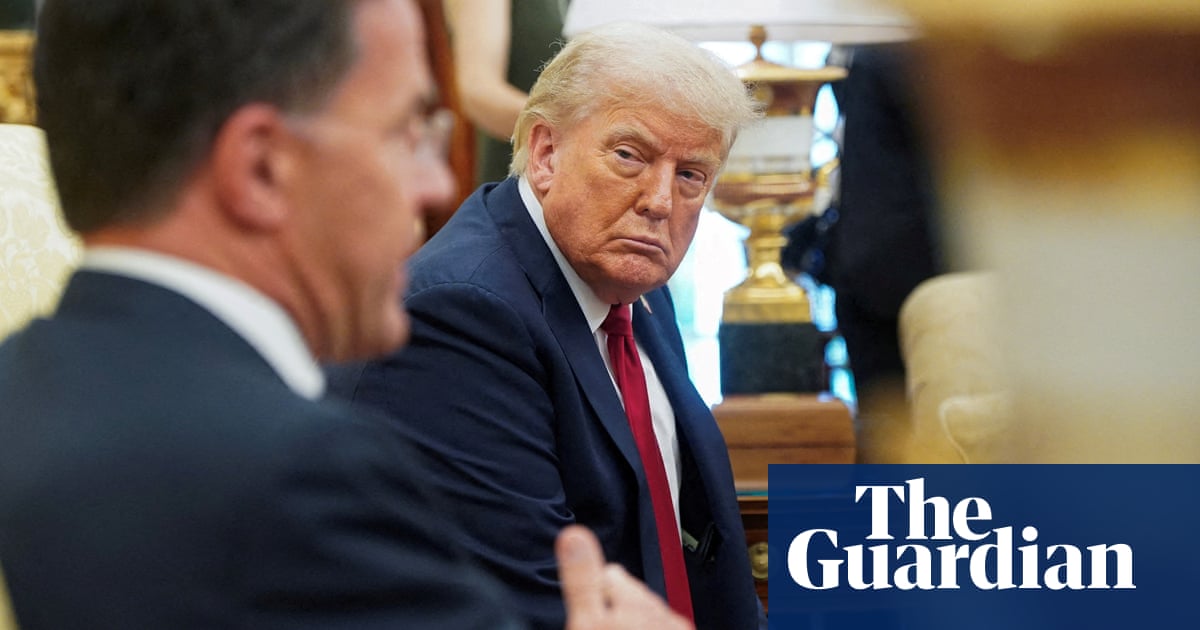Hannah Lang
Mon, Jul 14, 2025, 6:19 AM 5 min read
By Hannah Lang
(Reuters) -The crypto industry will take a step closer to going mainstream this week as a series of industry-friendly bills progress through Congress, paving the way for digital assets to potentially be further integrated into traditional finance.
The House of Representatives is set to pass a series of crypto-related bills in a week which the Republican majority has dubbed "crypto week." The most notable is a bill that would establish a regulatory framework for stablecoins and is likely to advance to President Donald Trump's desk.
That bill -- and another the House is considering that would define when a crypto token is a commodity -- is a huge win for the crypto industry, which has been pushing for federal legislation for years and poured money into last year's elections in order to promote pro-crypto candidates.
"Historically, when lawmakers advance industry-backed frameworks, institutional sentiment strengthens. We expect capital that was previously sidelined due to regulatory uncertainty to re-enter," said Jag Kooner, head of derivatives at crypto exchange Bitfinex.
"Crypto week" also comes as bitcoin has scaled record highs in recent days as investors dive back into risk assets on the back of tariff-related news, as well as expectations that legislation could potentially unlock capital in the crypto space.
The big ticket item the House is set to vote on this week is a bill that would create a set of federal requirements for stablecoins.
Stablecoins, a type of cryptocurrency designed to maintain a constant value, usually a 1:1 dollar peg, are commonly used by crypto traders to move funds between tokens. Their use has grown rapidly in recent years, and proponents say they could be used to send payments instantly.
The bill, dubbed the GENIUS Act, received bipartisan support in the Senate, with several Democrats joining most Republicans to back the proposed federal rules. It is expected to pass the House and would then head to Trump, who has said he will sign it into law.
The bill would require tokens to be backed by liquid assets - such as U.S. dollars and short-term Treasury bills - and for issuers to disclose publicly the composition of their reserves on a monthly basis.
Crypto proponents say those rules could legitimize stablecoins, making banks, retailers and consumers more comfortable with using them to transfer funds.
Ahead of the bill's final passage, many companies across sectors are already considering how they might incorporate stablecoins into their business, said Julia Demidova, head of digital currencies product and strategy at FIS, a financial technology solutions provider.

 German (DE)
German (DE)  English (US)
English (US)  Spanish (ES)
Spanish (ES)  French (FR)
French (FR)  Hindi (IN)
Hindi (IN)  Italian (IT)
Italian (IT)  Russian (RU)
Russian (RU) 






















Comments